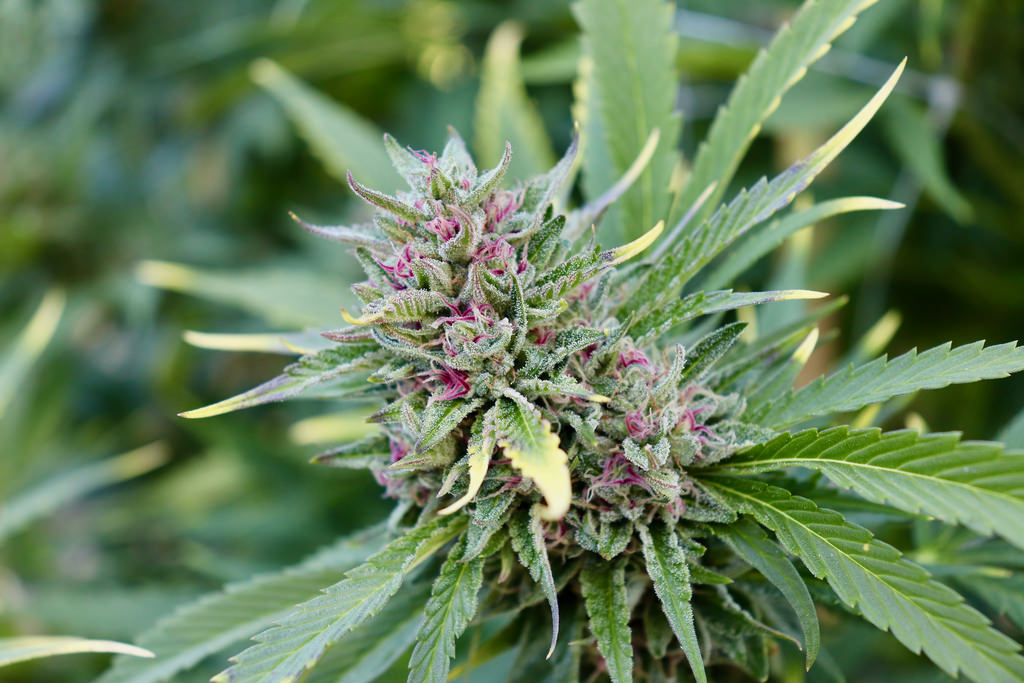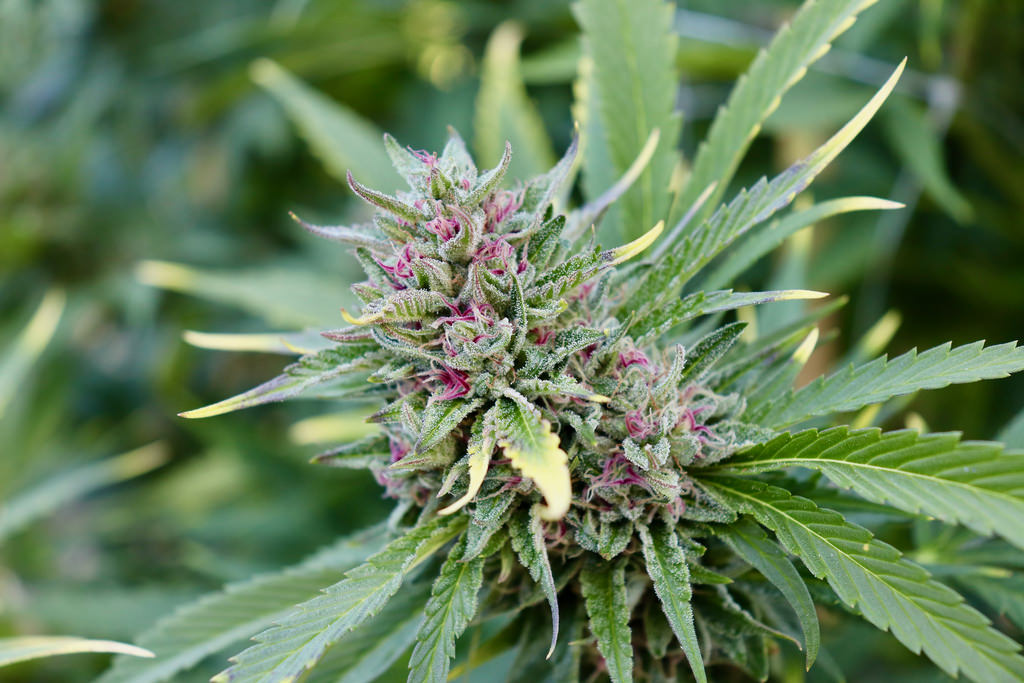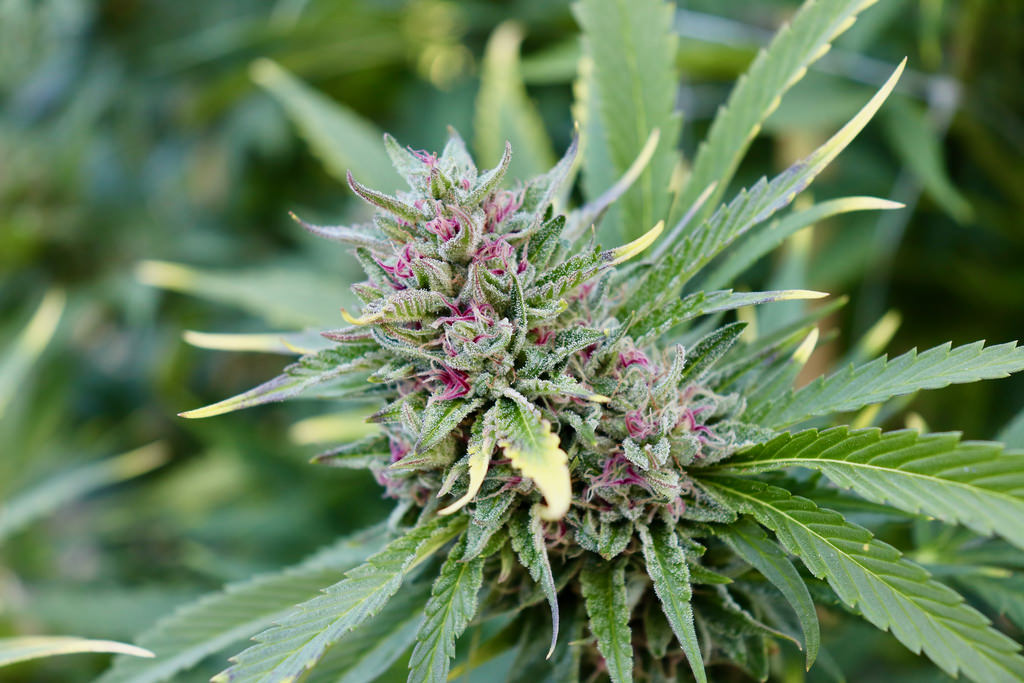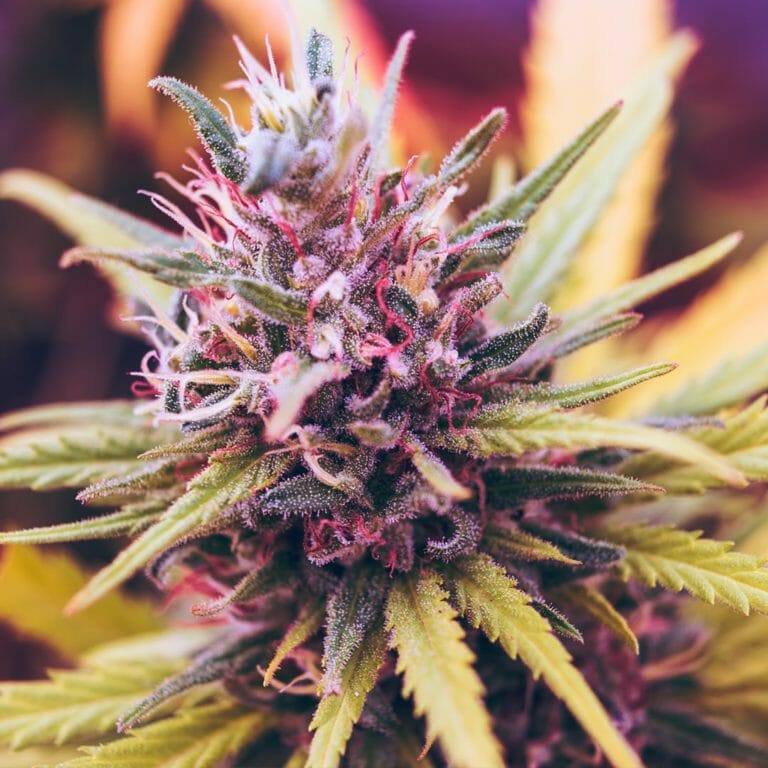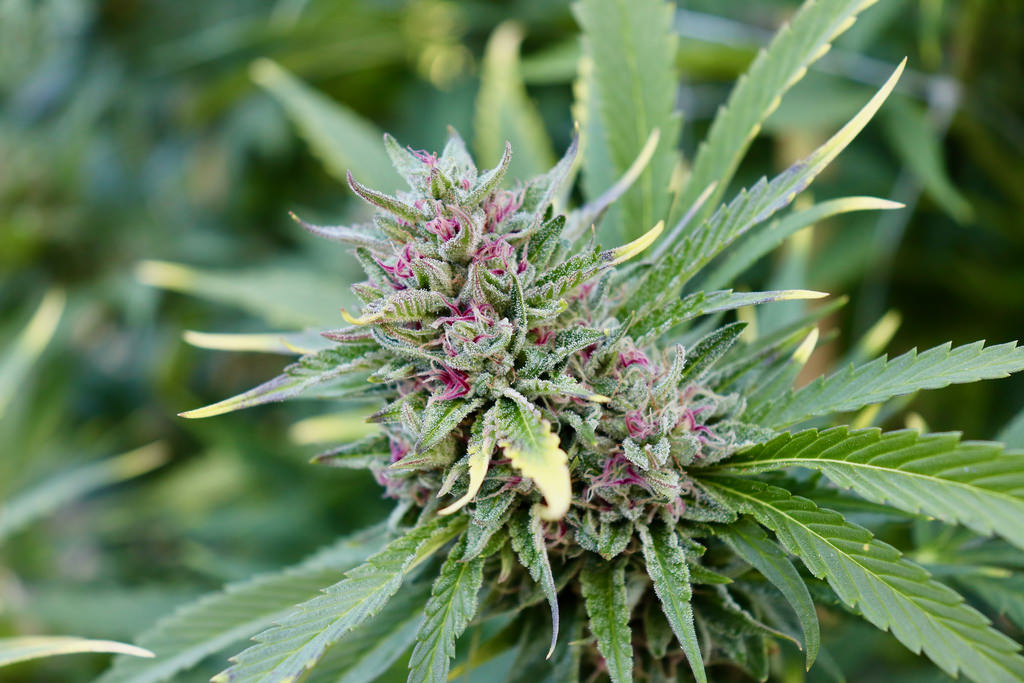CANNABIS‑BASED SKINCARE IN THE UK
The rise of cannabis-based skincare products in the UK
1.1 What Is “Cannabis‑Based Skincare”?
Cannabis‑based skincare refers mainly to products infused with CBD (cannabidiol)—a non‑psychoactive cannabinoid extracted from hemp plants—often formulated into creams, serums, oils, masks, and body care items designed for topical application.
1.2 Rise to Prominence: Timeline in Brief
In 2016, the UK’s MHRA classified CBD for medical use, triggering increased public awareness and media coverage .
By 2018, major retail chains like Holland & Barrett and luxury stores like Harvey Nichols began introducing CBD skincare products to UK shelves .
Concurrently, skincare studios and protocols like the world’s first CIBTAC‑endorsed CBD facial launched in 2020, integrating bespoke CBD cosmeceuticals into in‑salon treatments .
—
2. MARKET SIZE & GROWTH TRENDS
2.1 Market Figures & Projections
The UK CBD skincare market generated approximately USD 182.6 million in 2024, expected to reach USD 611.7 million by 2030, with a **CAGR of 22.3% (2025–2030)** .
In 2024, the UK made up about 7.3% of the global CBD skincare market .
2.2 Segment Growth
Creams, moisturizers, and lotions represented the largest revenue segment in 2024 (~38% share) .
Serums are the fastest‑growing subcategory in forecast years, likely due to targeted potency .
2.3 Key Drivers
Online retail boom: Consumers increasingly buy beauty and skincare through e‑commerce, boosting CBD skincare online sales .
Legal clarity: CBD products with low THC (< 1 mg or < 0.5–0.2%) are legal, allowing widespread retail without psychoactivity concerns .
Demographic shift: Growing interest among women, 40+ age group, and wellness‑oriented consumers seeking plant‑based, anti‑inflammatory skincare .
—
3. LEGAL & REGULATORY FRAMEWORK
3.1 UK Cannabis & CBD Laws
Recreational cannabis remains illegal as a Class B drug under the Misuse of Drugs Act 1971, though medical cannabis was legalised in November 2018 for exceptional clinical need .
CBD products containing only trace THC (typically ≤ 1 mg or ≤ 0.5–0.2%) derived from hemp are legal, provided they meet Novel Foods authorization and do not make medicinal claims .
3.2 Novel Foods & Claims Regulation
The FSA (Food Standards Agency) requires CBD companies to submit Novel Foods applications with safety data before selling ingestibles; skincare products must avoid any therapeutic or medicinal claims unless MHRA‑licensed .
In late 2024, the FSA signalled that first CBD products could gain official authorization by spring/summer 2025, with industry consultation underway .
3.3 Compliance Expectations
Premium suppliers like Vantage Hemp ensure GMP compliance, lab testing (for potency, heavy metals, microbes), and regulatory alignment with EU Novel Foods standards .
Brands like MGC Derma, stocked in Harvey Nichols, emphasise pharmaceutical‑level formulation, water‑soluble CBD, and clinical testing in small trials to validate their products .
—
4. PRODUCT TYPES & FORMULATIONS
4.1 Common Product Categories
Moisturizers & lotions: Widely popular for daily hydrating use.
Serums: Concentrated formulas targeting anti‑aging, redness, oily skin.
Facial oils & masks: Spa‑style treatments often blended with botanical or vitamin actives .
4.2 Signature Brand Examples
MGC Derma by Australian pharmaceutical/Israeli cosmetic collaboration: water‑based CBD, clinically tested (4‑week trial showing ~70 % reduction in symptoms like acne, eczema, psoriasis) .
Grass Roots Skin by SkinTres (UK): inclusive CBD cosmeceutical line coupled with a CBD‑infused facial treatment, combining vitamin C, retinol, hyaluronic acid, and 300 mg CBD isolate in serum priced ~£55 .
Established retailers like Holland & Barrett carry branded ranges; Cult Beauty stocks brands like MGC Derma, Kiki Health, Optiat, demonstrating CBD’s penetration into curated beauty spaces .
Elixinol Skin relaunched to the UK via British Cannabis partnership in 2023, reintroducing trusted cosmetics-related CBD products .
—
5. SCIENCE & CLAIMED BENEFITS
5.1 Proposed Skin Benefits
Anti‑inflammatory: CBD may soothe irritated or inflamed skin, helpful in conditions like eczema, psoriasis, acne, and rosacea .
Antioxidant: Potential to neutralize free radicals, supporting anti‑aging and skin regeneration .
Sebum regulation: May balance oily and acne‑prone skin by controlling oil production .
Soothing & calming: Anecdotal reports and limited clinical signals show relief of itching, rashes, and redness in sensitive or atopic dermatitis skin types .
5.2 Limitations of Evidence
While preclinical and small-scale studies exist, large randomized controlled trials are rare, especially for topical cosmetic use. Many marketed benefits rely on anecdotal or preliminary data .
The amounts of CBD in over‑the‑counter creams or masks are often much lower than therapeutic doses used in medical treatment trials, raising questions on real efficacy .
—
6. CONSUMER & INDUSTRY TRENDS
6.1 Demographic & Usage Insights
CBD skincare is trending among health and wellness‑oriented consumers, especially women aged 30–50 looking for plant‑based, anti‑inflammatory formulas .
Growth spans across middle‑aged and older adults, as well as premium‑focused shoppers open to luxury wellness experiences .
6.2 Aesthetics & Marketing Evolution
Brands increasingly strip overt “stoner” imagery in favor of sleek, minimalist, sustainable packaging, giving CBD products a high‑end visual identity to appeal to luxury buyers .
Retailers and curated online platforms (e.g., Cult Beauty, Fleur Marché) emphasize transparency about sourcing, lab testing, dosages, and quality to build trust .
6.3 Retail & Professional Spaces
CBD skincare is increasingly offered at salons, luxury spas, and as part of pro training protocols like SkinTres’s CIBTAC facial, moving beyond just product sales to in‑salon experiences .
High‑end retail partnerships (e.g., Harvey Nichols stocking MGC Derma) show increasing mainstream acceptance of CBD cosmetic lines .
—
7. CHALLENGES & FUTURE OUTLOOK
7.1 Regulatory & Product Authorization
The FSA’s Novel Foods authorisation process, now expected to result in the first authorised CBD products by spring/summer 2025, will define legitimacy and open wider regulatory clarity for the sector .
Until then, brands must carefully avoid unvalidated medical claims and ensure third‑party lab testing to comply with UK regs .
7.2 Quality & Consumer Trust
Consumers face confusion between hemp seed oil (moisturising but CBD‑free) versus true CBD extract from flowers; transparency and clear labeling is essential .
Brands using pharmaceutical-grade extraction, compliance with Novel Foods, and visible potency/lab results (e.g., Vantage Hemp, MGC Derma, Elixinol) tend to earn higher consumer trust.
7.3 Research & Evidence Gaps
Continued acceptance depends on more rigorous clinical studies validating CBD’s topical benefits for skin conditions like eczema, psoriasis, acne, and aging.
Randomized controlled trials using cosmetic use‑level CBD doses remain scarce—a research gap that, once addressed, could propel broader adoption.
The rise of cannabis-based skincare products in the UK
7.4 Market Expansion & Innovation
The UK market is projected to grow from USD 182 M in 2024 to USD 611 M by 2030, with new product categories—e.g. CBD masks, bath oils, balms, body lotions—gaining traction .
Brands and innovators are exploring sustainable packaging, clean formulation, and holistic wellness positioning to stand out in a crowded market .
—
8. KEY TAKEAWAYS & WHAT TO LOOK FOR
8.1 Consumer Tips
Check lab results: Ensure products show third‑party testing for CBD potency and absence of contaminants.
Check legal compliance: THC levels should be within legal limits; no overt medicinal claims unless MHRA‑approved.
Choose quality: Prefer brands using pharmaceutical or cosmeceutical formulations, water‑soluble CBD, and clinical validation (e.g., MGC Derma, Grass Roots).
Understand ingredient sources: Hemp seed oil ≠ CBD. Label transparency matters.
The rise of cannabis-based skincare products in the UK
8.2 Industry Implications
Sophistication over hype: Demand is shifting from novelty to science‑based, high‑end skincare solutions.
Regulation as catalyst: FSA authorisations expected in mid‑2025 will boost trust and enable marketing clarity.
Continued growth: With robust CAGR forecasts, the UK is emerging as Europe’s fastest-growing CBD skincare market .
—
9. CONCLUSION
The rise of cannabis‑based (CBD) skincare in the UK represents a convergence of changing regulatory landscapes, broadening consumer acceptance, and beauty innovation grounded in wellness principles. From early retail experiments at Holland & Barrett and Harvey Nichols to salon‑driven protocols like the Grass Roots Facial, CBD skincare has rapidly evolved into a mainstream, fast‑growing market. Despite unfilled gaps in large‑scale clinical evidence, the ingredient’s anti‑inflammatory, antioxidant, and oil‑balancing properties continue to attract wellness‑oriented consumers.
The rise of cannabis-based skincare products in the UK

